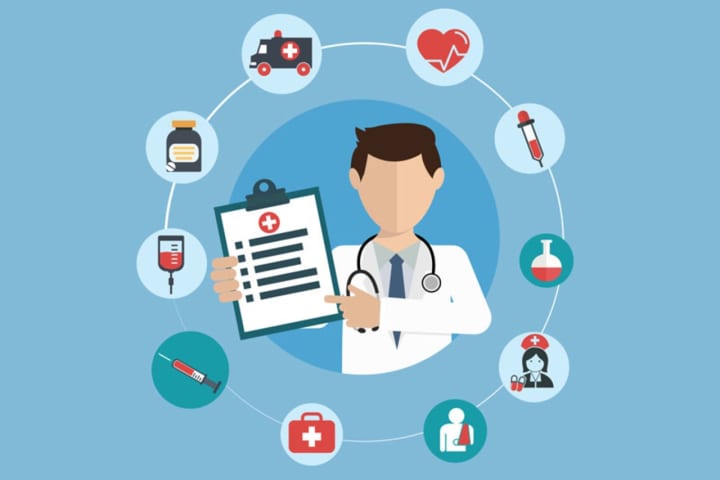You’re renovating your home and step on a nail. Should you remove it yourself?
According to Dr. Ivan Miller, Director of Emergency Medicine at Westchester Medical Center, the flagship of WMCHealth, “Puncture wounds are high risk for infection because they tend to seal in whatever contamination occurred with the puncture. In all cases, these wounds should be washed as much as possible and observed carefully for evidence of infection." Miller offers these guidelines to help assess whether you should wait or seek immediate medical attention:
- A nail in the foot should be pulled out unless there is severe resistance. If the nail can’t be easily pulled out, head to the Emergency Department (ED).
- If there is active bleeding, apply direct pressure and elevate the foot for 5 to 10 minutes. If the bleeding doesn’t stop, go to the ED.
- If you are able to remove the nail, wash the wound thoroughly. Pour warm water from a sink or shower faucet directly onto (and into) the puncture wound.
- After washing and patting dry, dress with an over-the-counter antibiotic ointment and a sterile bandage.
- If you suspect that a piece of nail broke off under the skin, or if there is any other foreign body, head to the ED for assessment.
Your car has been totaled, but you feel okay. Should you go to the ED?
When it comes to car accidents, a cautious approach is always best, according to Miller. Although serious injuries usually cause significant pain, there are various factors that may lead to a dangerous “hidden” injury. Patients on pain medication or under the influence of drugs or alcohol may not feel the pain. Patients taking blood thinners may have significant internal bleeding, which may not cause symptoms immediately, even with fairly minor trauma. “In the Emergency Department, when assessing injury, we consider numerous factors, such as car speed, whether the car rolled over, etc. Extremes of age also make us more suspicious.” Bottom line: when in doubt, it’s best to make a trip to the ED to let an expert check you out.
Your loved one just took a big fall and can’t get up. Should you help them or wait until help arrives?
To see this answer and WMC's responses to other everyday injuries, continue reading via Advancing Care in the Hudson Valley.


